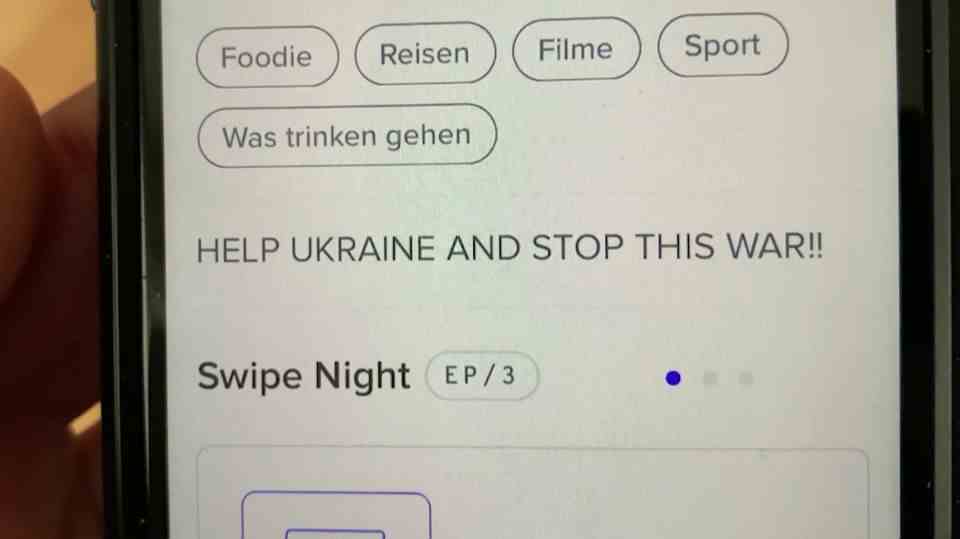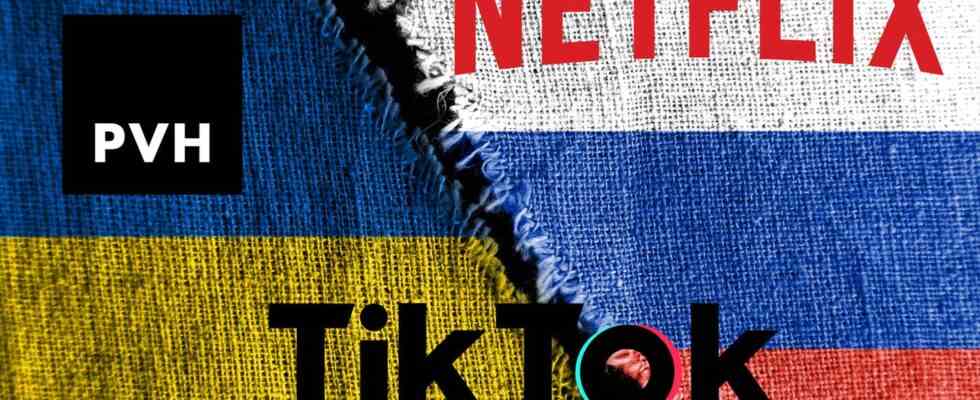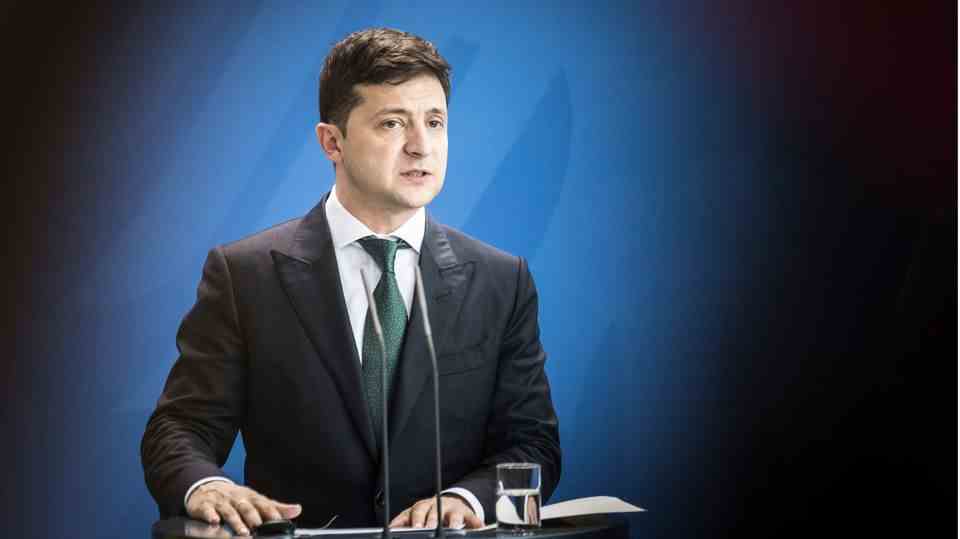Ukraine war
Tiktok, Netflix, Tommy Hilfiger: These brands are pulling out of Russia – for different reasons
Withdraw from Russia: Netflix, Tiktok and the PVH Group.
© booblik_uk / Manufacturer / Getty Images
Other companies are pulling out of the Russian market, including social network Tiktok, streaming service Netflix and PVH Corp., which owns clothing brands Tommy Hilfiger, Calvin Klein, Warner’s and others.
Three international corporations are withdrawing from Russia. On Sunday, the PVG Group, which owns fashion brands such as Tommy Hilfiger and Calvin Klein, decided to temporarily close all stores in Russia and Belarus. The employees will continue to be paid their salaries, it said.
Netflix is also withdrawing from Russia. In the past week, the US group has already resisted showing selected propaganda stations of the Russian government due to a new law, now the service is switched off completely. “Given the local circumstances, we have decided to suspend our service in Russia,” a Netflix spokesman said.
For Netflix, this means giving up around one million paying customers that the streaming provider has been able to win in Russia since 2016. In addition to closing the Russian branch, Netflix is adding a 2015 documentary by Yevgeny Afineyevsky, Winter on Fire: Ukraine’s Fight for Freedom, about the Euromaidan that took place in Ukraine in 2013-2014.
Tiktok restricts but remains available
The Chinese video platform Tiktok is also restricting its service in Russia, but is not withdrawing. It reads: “Faced with Russia’s new ‘fake news’ law, we have no choice but to suspend live streaming and new content for our video service while we assess the security implications of this law. Our in-app news service is one of them not affected.”

The law in question has been in place since last week and states that spreading false news can result in prison sentences of up to 15 years, with the interpretation of “fake news” being entirely in the hands of the Russian government and even the war in the Ukraine must not be referred to as such.
Tiktok’s apparently inadequate moderation is currently receiving criticism from many quarters. On March 4, the Russian government asked Tiktok to explain the deletion of posts by the Russian news agency Ria Novosti. At the same time, the social network is facing a lot of headwind because Russian influencers are mass-reading government messages that put the attack on Ukraine into perspective.
The radio editors “Open and Honest” also criticized Tiktok’s handling of war videos and click-hashingsince many videos seem to be circulating uncontrolled there that are not connected to the war in Ukraine but are sold as current material for quick clicks.


